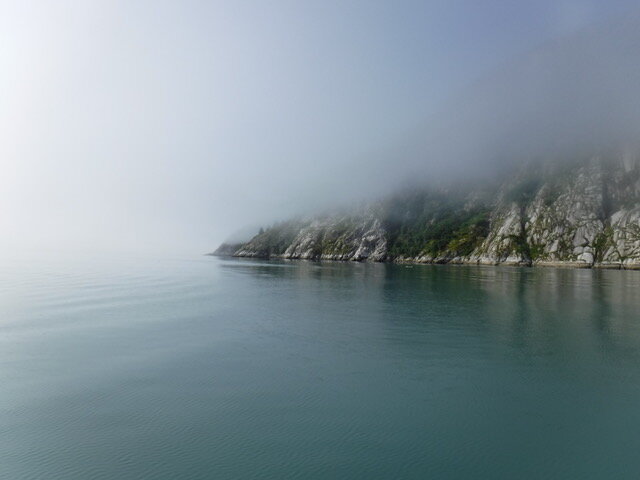“Exactly who I am, I believe, depends solely on this moment and whether or not I connect lovingly with those around me. I forget that many times a day.”
JAN DeBLIEU is the author of four nonfiction books to date and is a national medalist in literature. She has led writing workshops and clinics for all ages, in addition to teaching undergraduate and graduate creative writing courses. From 2016 until mid-2020, she was an Associate Professor with the University of Alaska Anchorage Low Residency Master’s of Fine Arts program in creative writing. She is also known for her work as a conservationist and activist.
WHILE GROWING UP in Wilmington, Delaware, Jan fell in love with books and stories. Although originally intending to write fiction, she found the most compelling tales in the world around her. She became a journalist and immersed herself in the complex art of telling true stories.
After writing for newspapers and magazines in Delaware, Oregon, and Atlanta, in 1985 Jan moved to Cape Hatteras, North Carolina, with her husband, Jeff. Her first book, Hatteras Journal (1987) is considered an Outer Banks classic. She followed with three other books that combine natural history and memoir. Meant to Be Wild (1991) was named by Library Journal as one of the best science books of the year. Wind (1998) was awarded the John Burroughs Medal for Natural History Writing, the highest national honor in the genre. Other Burroughs medal winners include Rachel Carson, Aldo Leopold, John McPhee, and Barry Lopez. DeBlieu’s fourth book, Year of the Comets (2005), is a combination of science writing and a clear-eyed look at living with a family member who suffers from depression. It was excerpted in the Washington Post.
Kenai Fjords National Park, Alaska
Jan’s work has been widely anthologized, and she has published dozens of articles and essays in literary journals and well-known national publications, including The New York Times Magazine, Smithsonian, Audubon, and Orion.
In the late 1980s, Jan’s love for the islands spurred her to become “a reluctant activist.” In response to a proposal by oil companies to drill off Cape Hatteras, she helped form a local opposition group. Building on the community’s love of the islands’ natural beauty, the group won the support of political liberals and conservatives alike. It was, she later wrote, the best way to do conservation work. In 2000 the oil companies abandoned their leases off Cape Hatteras without sinking a single well. Although the specter of offshore drilling has continued to reappear from time to time, the waters off the Outer Banks remain free of oil and gas production.
Baxter State Park, Maine
From 2003 through 2011 Jan served as a coastal advocate for the North Carolina Coastal Federation, working to protect coastal waters from pollution through the same philosophy of uniting people across the political spectrum, based on their common love for the landscape. This is, she believes, one of the largest and most pressing challenges of our times.
In 2012 Jan returned to full-time writing. While her work continues to center on the way the places in which we live and through which we move help shape who we are, her blog often examines her desire to live in service to other people—the subject of a book that is still in progress, and that she describes as both the most difficult and profound of her writing projects. Reviews of her previous books have often commented on the spirituality of her worldview. Her work on selfless service, or Seva, brings that spirituality to the forefront.
Subscribe to My Blog.


